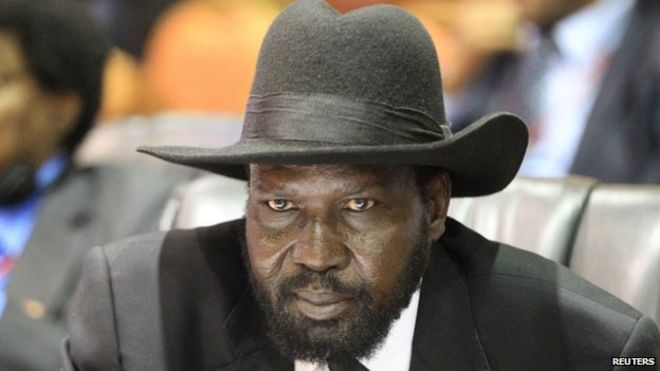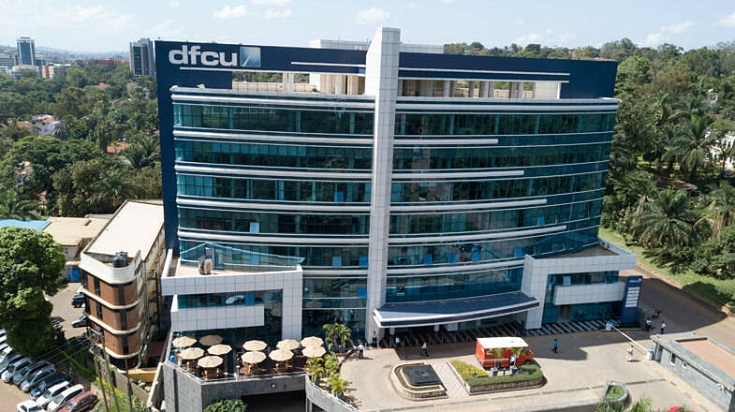Uganda Airlines staff checking in passengers. Uganda Airlines will save about 60% of operational costs after launching self-handling project
On November 1, 2022, Uganda Airlines started a mega US$3 million project of self-handling. Three months down the road, the project (alone) has created 200 jobs with more expected as the project grows.
DAS has previously handled ground operations for Uganda Airlines since its launch in 2019 has been smooth.
“This means that we are able to handle our passengers through check-in, we are able to handle the security of our passengers, their baggage, groom our aircraft (clean the aircraft), carry out ramp services, among other services,” Shakila Rahim Lamar, the Head of Corporate Affairs and PR at Uganda Airlines, says.
Looking back at the journey so far, Derrick Ouma, the Team Lead and Duty Manager of the project says the team is up to the task.
“We just need a little more equipment to push what we already have. The processes have already begun. So, where there are gaps, those can be addressed, especially manpower gaps but in terms of training, we are already there in terms of the training and skilling that the airline has given the team. We are already working on an approved training organization. A lot of the staff are actually trainers. So, all we need is a few approvals with CAA (Uganda Civil Aviation Authority) and we can start conducting our own in-house training,” Ouma says.
Lamar notes that with the project, the Airline will reduce the cost of operation by 60%.
While Lamar did not talk figures here, a source in the aviation industry says to self-handle one aircraft, an Airline needs about US$2, 000 per hour to see it off.
This means that Uganda Airlines would ordinarily be paying US$2, 000 to the ground handler per hour each time there is flight.
Lamar says that in the next two to three years, the Airline intends to extend the service to other Airlines.
“We will be able to do some of these things that we were not able to do. We will be able to save some money and invest in other things. In two or three years, it means we can also handle other airlines and this self-handling saves money in a way that all the flights start from Entebbe, our hub. We are able to handle all the flights going to the 11 destinations. So, the grooming, handling of the aircraft all start here, because we have transiting passengers also (from Juba, Bujumbura, Kinsasha – going to Dubai) returning to their countries of origin,” she says, adding: “self-handling is in the right direction for the Airline.”
Lamar says that the Airline is now looking into developing its cargo operations.
“That’s why we are ordering two freighters – long haul and short haul to carry cargo regionally and globally. Because we now think that the next gold is in cargo. During COVId-19 (induced lockdowns), so many airlines turned their aircraft for carrying cargo. That is where we want to go as an airline.”
In an earlier interview with Business Focus, Ephraim Bagenda, the Director of Engineering and Maintenance at Uganda Airlines, said the national carrier was spending US$250,000 per month (about Shs953.7m going by the current exchange rate) on contracted maintenance and ground-handling operations.
This means that the national carrier was roughly spending about US$3m (Shs11.4bn) annually on contracted self-handling services.
But with the Airline’s self-handling project on course, the national carrier is expected to save 60% of its operation costs.





